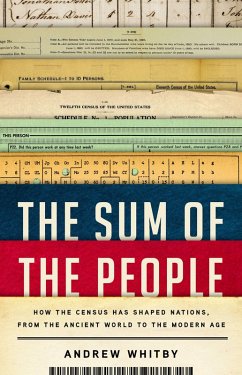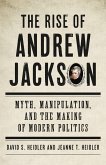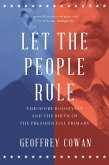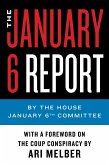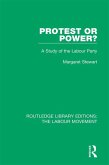In April 2020, the United States will embark on what has been called "the largest peacetime mobilization in American history": the decennial population census. It is part of a tradition of counting people that goes back at least three millennia and now spans the globe.
In The Sum of the People, data scientist Andrew Whitby traces the remarkable history of the census, from ancient China and the Roman Empire, through revolutionary America and Nazi-occupied Europe, to the steps of the Supreme Court. Marvels of democracy, instruments of exclusion, and, at worst, tools of tyranny and genocide, censuses have always profoundly shaped the societies we've built. Today, as we struggle to resist the creep of mass surveillance, the traditional census -- direct and transparent -- may offer the seeds of an alternative.
Dieser Download kann aus rechtlichen Gründen nur mit Rechnungsadresse in A, B, BG, CY, CZ, D, DK, EW, E, FIN, F, GR, HR, H, IRL, I, LT, L, LR, M, NL, PL, P, R, S, SLO, SK ausgeliefert werden.

